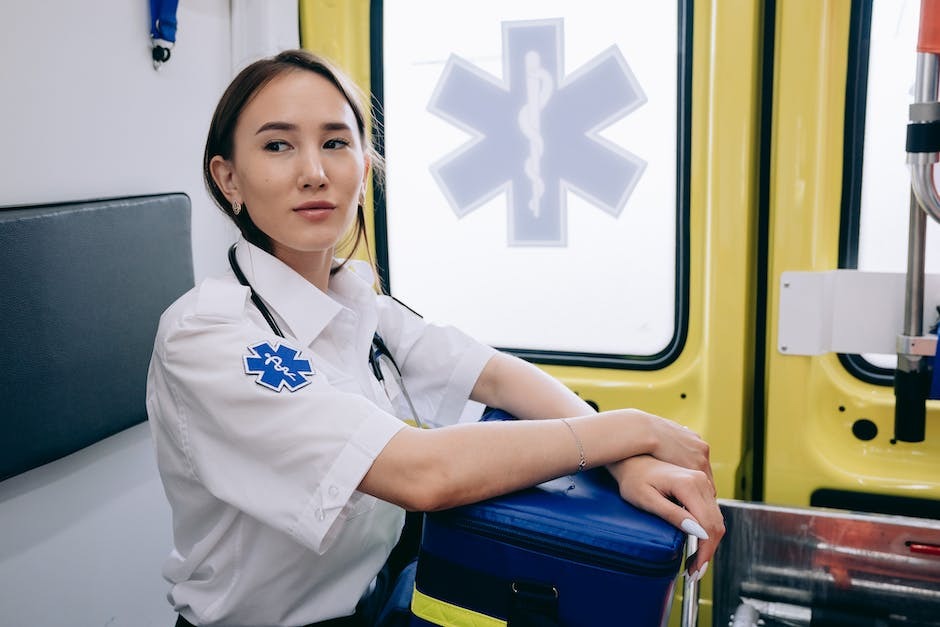First responders are often on the front lines of society’s most challenging and unexplainable events. Whether you’re a healthcare professional, emergency worker, or military member, facing tragedies on a regular basis can make it harder to manage everyday stress and could lead to substance abuse.
This regular exposure to high-stress circumstances can also increase your chances of leaning on unhealthy coping mechanisms to manage your stress.
If you have a hard time getting through the challenges of each day because of the stressful nature of emergency care, First Steps Recovery is here to offer you guidance and support. When it comes to addiction recovery, we have a special interest in helping responders through knowledgeable, compassionate service.
Signs of Substance Abuse Among First Responders
First responders generally work in a field that requires great composure and presence. If you are a first responder, it can be easy to let your self-care and basic needs fall by the wayside as you remain committed to caring for others.
However, depending on the level of substance use, first responders can exhibit noticeable signs of addiction or substance abuse, including;
- Drowsiness
- Poor focus and concentration
- Slowed reaction time, leading to more mistakes
- Using substances in excess
Some of these signs may not be a result of substance abuse. They can be caused other mental or physical health concerns such as insomnia. However, if you suspect that you or a colleague may be experiencing substance abuse, First Steps Recovery is here to guide you along the pathway to recovery.
Whether these symptoms arise due to substance abuse or another personal challenge, it is clear that first responders need to have support and practices in place that offers them the same solace they extend to others.
What Causes Substance Abuse Among First Responders?
Like anyone, first responders can be triggered into using substances to cope with their life’s circumstances. Working in such demanding and unpredictable environments can increase the chances of experiencing:
- High stress
- Sleep disturbances such as sleep deprivation or nightmares
- Poor time management due to long or disruptive hours (such as working 12-hour shifts)
- Neglecting self-care
- Lack of mental and emotional support
Working in a fast-paced environment that relies upon the selfless nature of dedicated emergency responders leaves little room to get the care they also deserve. If there isn’t any intentional self or community care for first responders, it becomes easier for them to fall through the cracks.
Fortunately, there are ways to offer better support to our first responders so that they don’t have to hit rock bottom. Just as they extend themselves to save others, it is up to us as the support system for our first responders. We need to support and encourage them to develop a greater balance with their personal care.
Support for First Responders Dealing with Substance Abuse
If you or a loved one are a first responder using substances, there is support for you. Depending on the severity of your substance use and mental health challenges, you can approach your healing in a few ways. These include:
- Detox or medically-assisted treatments: This can be inpatient or outpatient, depending on your needs and preference. Inpatient detox is generally for more severe cases of substance abuse. You and your healthcare team can decide on the best option to promote a successful recovery.
- Inpatient and outpatient programs: These programs offer varied levels of care to facilitate rehabilitation and recovery. These programs generally focus on addressing trauma and prior stress while also offering coping skills to practice when you need them most.
- Individual and group therapy: Talk therapy, including cognitive-behavioral therapy (CBT), is part of any well-rounded treatment plan. Therapy sessions offer you the space and guidance to process your thoughts.
- A strong support system: Whether your community consists of other people seeking sobriety or friends and family, support people can encourage you throughout your healing process. This helps motivate you to stay on the path of recovery.
In time, you will learn healthier, more effective ways to cope with your unique experiences as a first responder. Your addiction recovery can be successful when you enlist the right resources, guidance, and loving connections.
Managing Mental Health as a First Responder
As a first responder, taking care of others is a large part of the powerful work you do daily. It is also crucial that you find and do the things that support your mental and emotional well-being. You can’t take care of others if you don’t take care of yourself. Just as you exercise and eat right to care for your physical health, be sure to rest, recharge, and nourish your mind and spirit.
Life gets hectic. It can be easy for any of us to put our own self-care last on the to-do list. The only way to stay afloat amidst inevitable chaos is to maintain your own inner well-being. Taking the time to prioritize your own health and peace of mind ensures that you will be able to withstand any storm that you face.
Our team at First Steps Recovery stands with our brave first responders. Your service is greatly appreciated. If you have a hard time coping with the demands of such selfless service, our team is here to help. We are committed to addiction recovery and mental wellness. We work to rehabilitate and empower our clients to overcome their personal battles. We offer detox and inpatient treatment in a serene environment surrounded by breathtaking scenery. We also offer holistic practices that encourage the connection between your mind and body for a greater sense of inner harmony and well-being. First Steps Recovery will be there with you along each step toward recovery. Call our team at (844) 489-0836 to set up a consultation.




